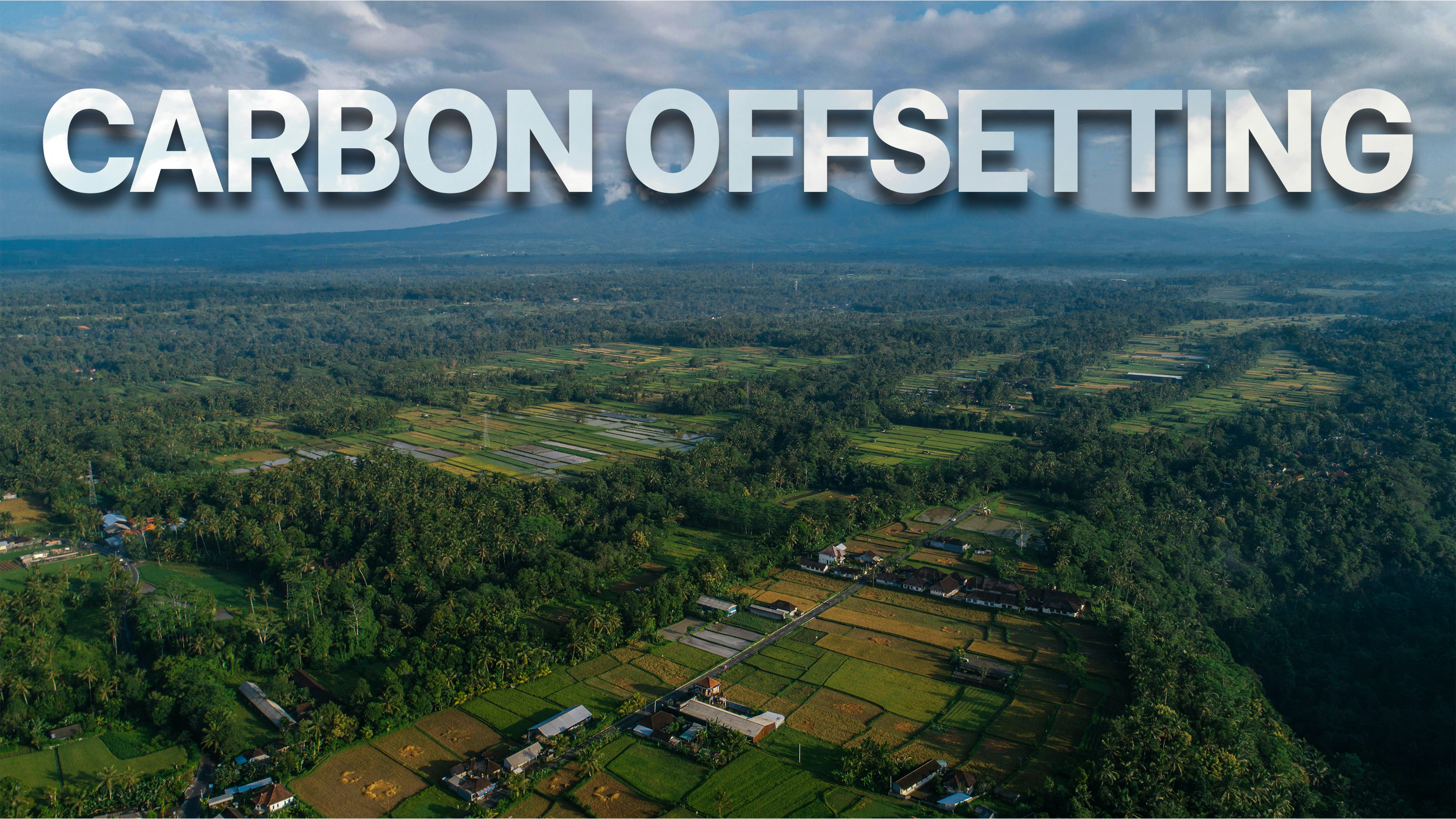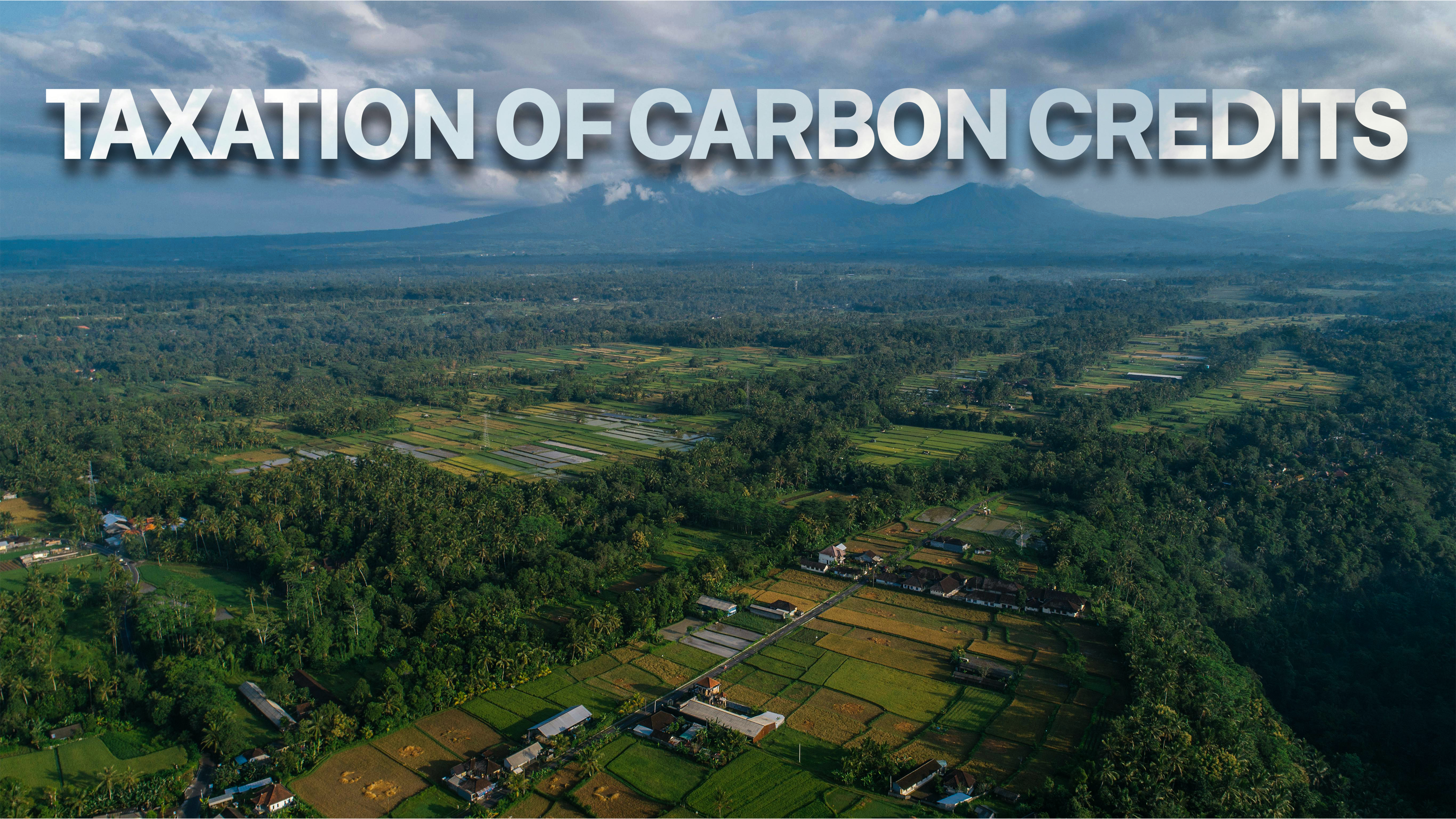CARBON CREDITS IN KENYA: WHAT ARE THEY AND HOW ARE THEY REGULATED?
Last Reviewed - 3/19/2025
Understanding Carbon Credits
With businesses and industries worldwide embracing sustainability, new policies and measures are emerging to support environmental conservation. Carbon credits have become a key tool in helping businesses reduce their carbon footprint while aligning with global emission reduction targets.
Key Takeaways
- Kenya’s carbon credits market is expanding, presenting new opportunities for businesses and investors.
- The Climate Change (Carbon Market) Regulations, 2024 provide a legal framework for carbon trading and emission reduction projects.
- Businesses can benefit from fiscal incentives, including a 15% corporate tax rate for the first 10 years for carbon market exchange operators.
- Companies engaged in carbon projects must contribute to community development and the Climate Change Fund unless operating on private land.
- The Designated National Authority (DNA) oversees carbon transactions, ensuring compliance and preventing fraudulent practices like double counting of emission reductions.
In this article, we explore:
What Are Carbon Credits?

Carbon credits are tradable certificatesin carbon markets that allow businesses to offset their greenhouse gas (GHG) emissions by supporting projects that reduce or remove carbon dioxide from the atmosphere.
These credits provide a market-driven approach to cutting emissions, enabling companies that exceed their carbon limits to purchase credits from organizations that emit less.
Types of Carbon Credits
- Certified Emission Reductions (CERs) – Issued under regulatory frameworks like the Kyoto Protocol and the Clean Development Mechanism (CDM).
- Voluntary Emission Reductions (VERs) – Bought and sold voluntarily by businesses and individuals outside of regulatory mandates.
How Are Carbon Credits Traded in Kenya?
Kenya has positioned itself as a leader in Africa’s carbon market, with both government-led and private sector initiatives shaping the industry.
Main Carbon Markets
1. Compliance Carbon Market
- Governed by international agreements such as the Paris Agreement and the Kyoto Protocol.
- Businesses and governments purchase credits to meet legally binding emission reduction targets.
2. Voluntary Carbon Market
- Driven by companies and individuals who voluntarily buy carbon credits to offset their emissions.
- Managed by certification organizations like Climate Action Reserve and The Gold Standard.
- Kenya is a major player, with companies like Komaza and Koko Networks actively selling carbon credits internationally.
What Is Carbon Offsetting?

For businesses producing greenhouse gas emissions, carbon offsetting involves investing in carbon reduction projects to compensate for GHG emissions generated.
For example, if a company emits 200 metric tons of CO₂ annually, it must purchase 200 carbon credits to neutralize its emissions.
How Are Carbon Credits Priced in Kenya?
- One carbon credit (CC) is equivalent to one metric ton of CO₂.
- One metric ton of CO₂ is equivalent to planting 50 trees for one year.
Pricing Factors
- Supply and demand: The cost varies depending on market conditions.
- Type of project: Renewable energy, reforestation, or energy efficiency projects.
- Certification bodies: Gold Standard or Verified Carbon Standard certify credits for authenticity.
- Government policies: Carbon credits pricing is influenced by national and international regulations.
- Size of Project: Large scale projects tend to attract a lower purchase price of carbon credits as opposed to smaller ones.
Key Carbon Credits Projects in Kenya
- i) Reforestation and afforestation projects
- ii) Cookstove projects (reducing biomass fuel use)
- ii) Renewable energy initiatives (solar, wind, hydro)
Taxation of Carbon Credits in Kenya

Kenya introduced The Climate Change (Carbon Markets) Regulations, 2024 under the Climate Change Act (Cap. 387A) to create a structured framework for carbon trading, emissions reduction, and sustainable development.
Key Highlights of The Climate Change (Carbon Markets) 2024 Regulations
1. Carbon Credit Incentives
Companies operating a carbon market exchange or emission trading system certified by the Nairobi International Financial Centre Authority enjoy a 15% corporate tax rate for the first 10 years.
2. Mandatory Social Contributions from Carbon Projects
Businesses engaging in carbon projects must allocate earnings as follows:
- Land-based projects – 40% to community development.
- Non-land-based projects – 25% to community development, 25% to the Climate Change Fund.
- Private carbon projects on private land – Exempt from mandatory contributions.
3. Establishment of the Designated National Authority (DNA)
The DNA is responsible for overseeing carbon market transactions, ensuring compliance, and preventing fraudulent practices like double counting of carbon reductions.
Its functions include:
- Maintaining a list of recognized carbon standards.
- Partnering with the Climate Change Directorate and multi-sectoral committees.
- Ensuring carbon projects meet environmental and social impact assessment standards.
4. Contributions to the Climate Change Fund
The DNA is required to remit:
- 50% of corresponding adjustment fees to the Climate Change Fund.
- 25% of earnings from land-based carbon projects to the Climate Change Fund.
What Does This Mean for Kenyan Businesses Interested in Carbon Trading?
Businesses looking to participate in Kenya’s carbon trading market must consider:
1. Regulatory Compliance
- Register carbon projects with the Designated National Authority (DNA).
- Disclose project costs, financial capacity, and expected emission reductions.
2. Tax Incentives & Financial Benefits
- Leverage the 15% corporate tax rate for carbon trading firms.
- Benefit from carbon offset programs to reduce operational costs.
3. Compliance Costs & Budgeting
- Consider expenses related to certification, environmental assessments, and social contributions and make necessary provisions.
4. Partnership Opportunities
- Collaborate with global carbon credits buyers, NGOs, and financial institutions for project funding.
Conclusion
Kenya’s carbon credits market is still in its early stages but holds immense potential for businesses, investors, and environmental conservation efforts.
Companies that proactively engage in carbon trading, compliance, and sustainability will not only contribute to a low-carbon economy but also benefit from financial incentives and global market opportunities.
Start Trading Carbon Credits Today
Ready to take the next step?
Get in touch with us at Bubi Alexander to explore how you can navigate the carbon credit regulations and maximize the potential of your business in the growing carbon economy. Let’s work together for a greener, more profitable future!
At Bubi Alexander , we are committed to helping businesses navigate carbon credits regulations while maximizing available incentives. Our team provides expert guidance, strategic support, and tailored solutions to keep your business compliant and competitive in this evolving sector.
Disclaimer:
This article is for informational purposes only and does not constitute professional tax advice. For specific guidance on tax issues, please consult a tax advisor.
About The Author

Maina Susan
Tax & Finance Writer
Maina Susan is a content researcher at Bubi-Alexander, who simplifies Virtual CFO services for multinationals and NGOs with her finance expertise.
Connect with Susan on LinkedIn or feel free to leave a comment below!



